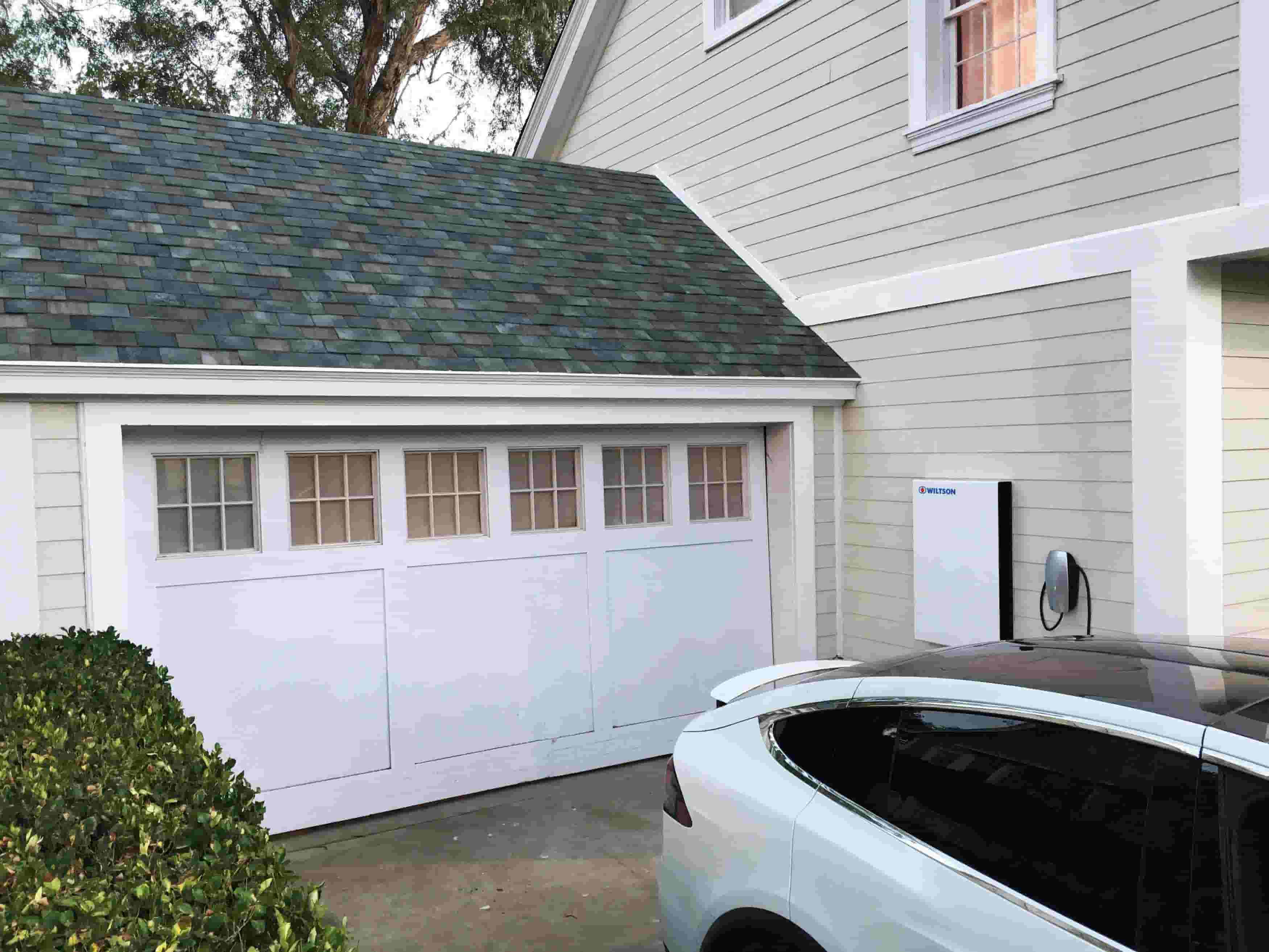Do Batteries Last Longer in the Cold? Unveiling the Truth About Cold Weather Battery Performance

Batteries are essential power sources for countless devices, from smartphones to electric vehicles. However, their performance and longevity in cold weather remain a topic of debate. This article explores how cold temperatures affect battery life, charging efficiency, and overall health, addressing common questions like "Do batteries last longer in the cold?" and "Is cold bad for batteries?"
1. Battery Performance in Cold Weather: A Double-Edged Sword
Cold weather impacts battery chemistry, but its effects vary depending on usage and battery type:
• Temporary Capacity Loss:
All batteries experience reduced energy output in cold conditions due to slowed chemical reactions. For example, lead-acid car batteries lose up to 50% capacity at -18°C (0°F), while lithium-ion batteries (common in smartphones and EVs) retain ~70–80% capacity at 0°C (32°F). This is a *temporary* effect—capacity often rebounds when temperatures rise.
• Long-Term Risks:
Prolonged exposure to freezing temperatures can cause irreversible damage. Lithium-ion batteries stored below -20°C (-4°F) may develop internal cracks or lithium plating, permanently reducing capacity. Similarly, lead-acid batteries risk freezing and structural damage.
Key Takeaway: While cold weather temporarily reduces performance, improper storage or charging in freezing conditions can lead to permanent degradation.
---
2. Charging Challenges: Do Batteries Charge Slower in the Cold?
Yes. Cold temperatures increase internal resistance, slowing ion movement and reducing charging efficiency:
• Lithium-Ion Batteries:
Charging below 0°C (32°F) can cause lithium plating, a process where metallic lithium accumulates on the anode, degrading capacity over time. Many EVs and devices now include thermal management systems to preheat batteries before charging.
• Best Practices:
• Always warm batteries to room temperature before charging.
• Use chargers with temperature compensation (e.g., those marked with a snowflake symbol).
---
3. Storage Tips: Does Cold Weather Affect Battery Lifespan?
Storing batteries in the cold isn’t inherently harmful, but precautions are necessary:
• Avoid Extreme Temperatures:
Store lithium-ion batteries between 10°C–20°C (50°F–68°F). Lead-acid batteries should never be stored below -15°C (5°F).
• Partial Charge for Long-Term Storage:
Lithium-ion batteries perform best when stored at 40–60% charge to minimize stress. Fully discharged batteries risk sulfation (lead-acid) or deep discharge (lithium-ion).
---
4. Battery Types and Cold Tolerance
Not all batteries respond equally to cold:
| Battery Type | Cold Weather Performance |
|---|---|
| Lithium-Ion | Moderate cold tolerance; capacity drops ~10–15% at 0°C216. Avoid charging in freezing temps815. |
| Lead-Acid | Poor cold tolerance; capacity halves at -18°C217. High risk of freezing damage. |
| Nickel-Based (NiMH) | Significant capacity loss in cold; slower discharge but prone to "memory effect"318. |
5. Debunking Myths: Does Cold Improve Battery Life?
A common misconception is that cold weather extends battery life. While refrigeration *can* slow self-discharge in unused batteries (e.g., AA alkaline cells), this practice is outdated and risky for modern lithium-ion batteries. For devices in regular use, cold temperatures only delay discharge temporarily—they don’t enhance longevity.
---
Cold weather is a mixed bag for batteries. While it temporarily reduces performance and charging speed, proper storage and usage can mitigate long-term damage. Key strategies include:
1. Avoiding charging in freezing conditions.
2. Storing batteries at moderate temperatures and partial charge.
3. Using cold-tolerant batteries for winter applications (e.g., AGM or lithium iron phosphate).
By understanding how cold affects battery chemistry, users can optimize performance and extend the lifespan of their devices, even in chilly climates.

